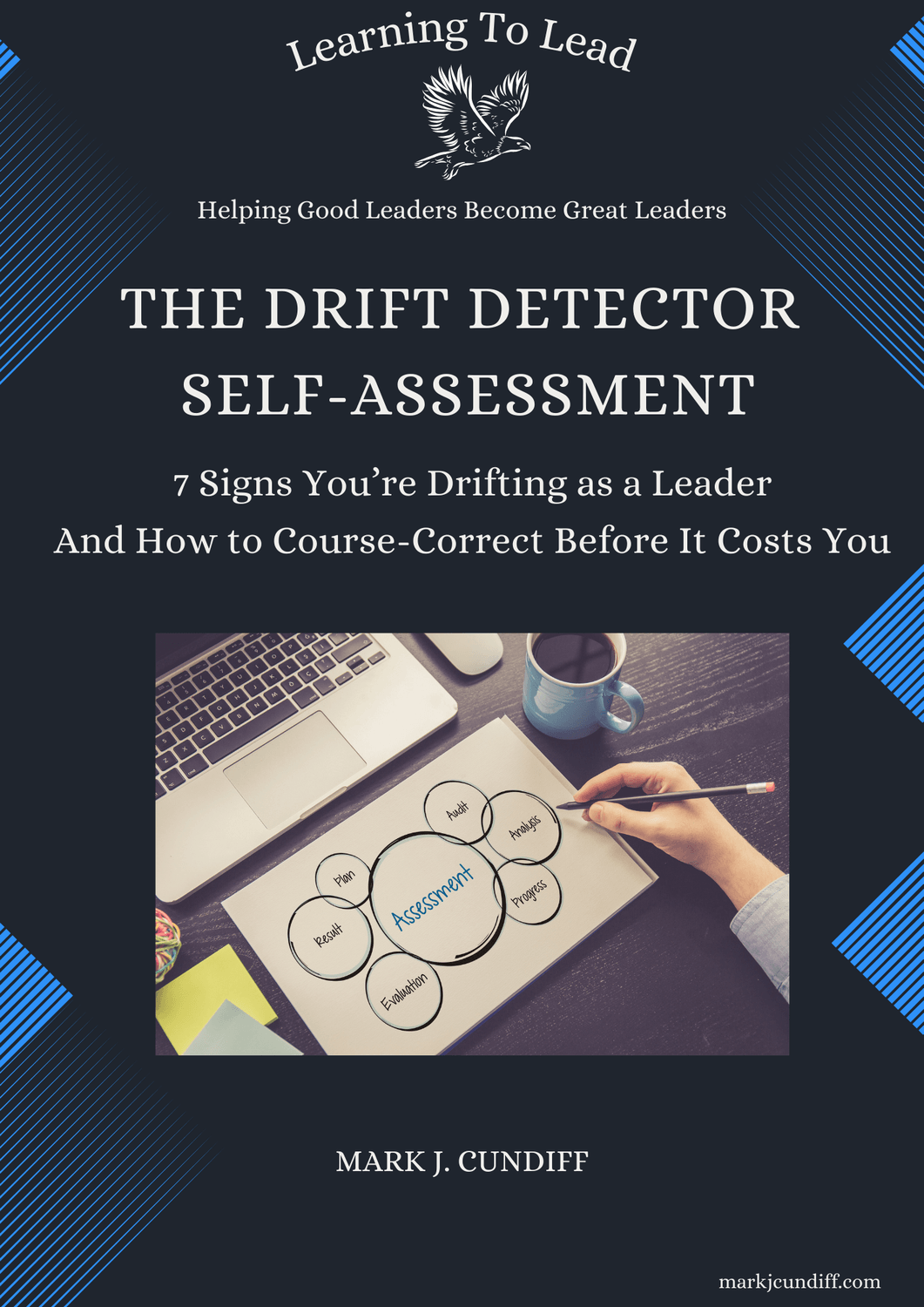DISCOVERING 2 KINDS OF PURPOSE

Leadercast Live is the world’s largest one-day leadership event, with more than 100,000 attendees at 500+ locations across 20 different countries around the world. This simulcast event is targeted at those who desire to learn and grow in their leadership aptitudes.
I am posting my notes from the May 5th Leadercast event I attended with thousands of others in the Atlanta, GA area. Today’s post is my notes from Daniel Pink’s talk.
Daniel Pink
The definition of economics–> What makes all things work is profit motive.
Profit motive is a good, it is an important and big thing, but it is not the only thing that motivates people. The science behind what makes people perform at ordinary level and extraordinary level is the purpose motive.
Daniel used two studies to illustrate the two types of purpose prior to revealing to us what these two types of purpose are.
Study #1:
A study was conducted at the University of Michigan fund-raising call center for the university. Everything the callers did was exactly the same except one variable that was varied five minutes prior to them commencing their calling efforts. Group #1 read a newspaper. Group #2 read letters from people who had previously worked in the call center themselves. Group #3 read letters of people who had received money as a result of the call center efforts and how it had positively impacted their lives. Group #3 doubled the results of the other two groups.
Study #2:
The second study was conducted in a cafeteria where an iPad was used to create several scenarios to measure the quality of food produced by the cooking staff.
Scenario #1: Customers and cooks couldn’t see each other at all.
Scenario #2: Customers couldn’t see cooks but cooks could see them.
Scenario #3: Customers could see the cooks but cooks couldn’t see them.
Scenario #4: Customers and cooks could see each other.
“Customer satisfaction with the food shot up 10% when the cooks could see the customers, even though the customers couldn’t see the cooks…But even more striking, when customers and cooks both could see one another, satisfaction went up.”
The Two Types of Purpose
Daniel admitted he got this wrong in his book “Drive” in the chapter on purpose. He has now changed his viewpoint on purpose and the meaning of it after further study and research.
He goes on to discuss the two types of purpose he now believes exist. He distinguished them by using a “P” and a “p”.
P: This is that big, transcendent thing that an organization strives for to make a difference in the world.In our normal every day lives it is hard to get the P type of purpose every single day, this is not available to us all the time.
- This Purpose answers the question: Am I making a difference?
p: This is all about making a contribution on a daily basis. Leaders should want their people to have both of these questions answered:
- This purpose answers the question: Am I making a contribution?

Two action steps to take over the next week:
1. As we go about what we do, ask the people who we work with more questions about why, instead of how? Be more informative to them about the why of what they are doing, instead of just the how.
- We tend to focus on how and we short change go why
- This sounds touchy feely, but scrub it out of your head. The Why is single most cost-effective performance and productivity enhancer there is.
- If over the next week you have 2 fewer conversations about “how” and 2 more about “why” you will see uptake in performance in your organization.
2. Dan made the point that great leaders are a sentence. He used examples such as Lincoln and Roosevelt, and described what sentence probably defined each of them.
- Abe Lincoln: “He preserved the union and freed the slaves”
- FDR: ” He lifted us out of a great depression and helped us win a war.”
- He challenged us with: What is your sentence?
- A great person is not trying to do 17 different things at the same time.
- A great person has 2-3 core issues.
What’s your sentence?
- At the end of your life when someone describes who you are, what you did, what your contributions have been, what will the one sentence be that describes you?
- What will they say? What’s there one sentence?

Join Over 3,400 Leaders Reading
The Learning To Lead Newsletter


Join over 3,400 Fellow Leaders reading The Learning To Lead Newsletter each week!
Recent Articles

Join over 3,400 Fellow Leaders reading The Learning To Lead Newsletter each week!
©2025 Learning To Lead | Helping Good Leaders Become Great Leaders
